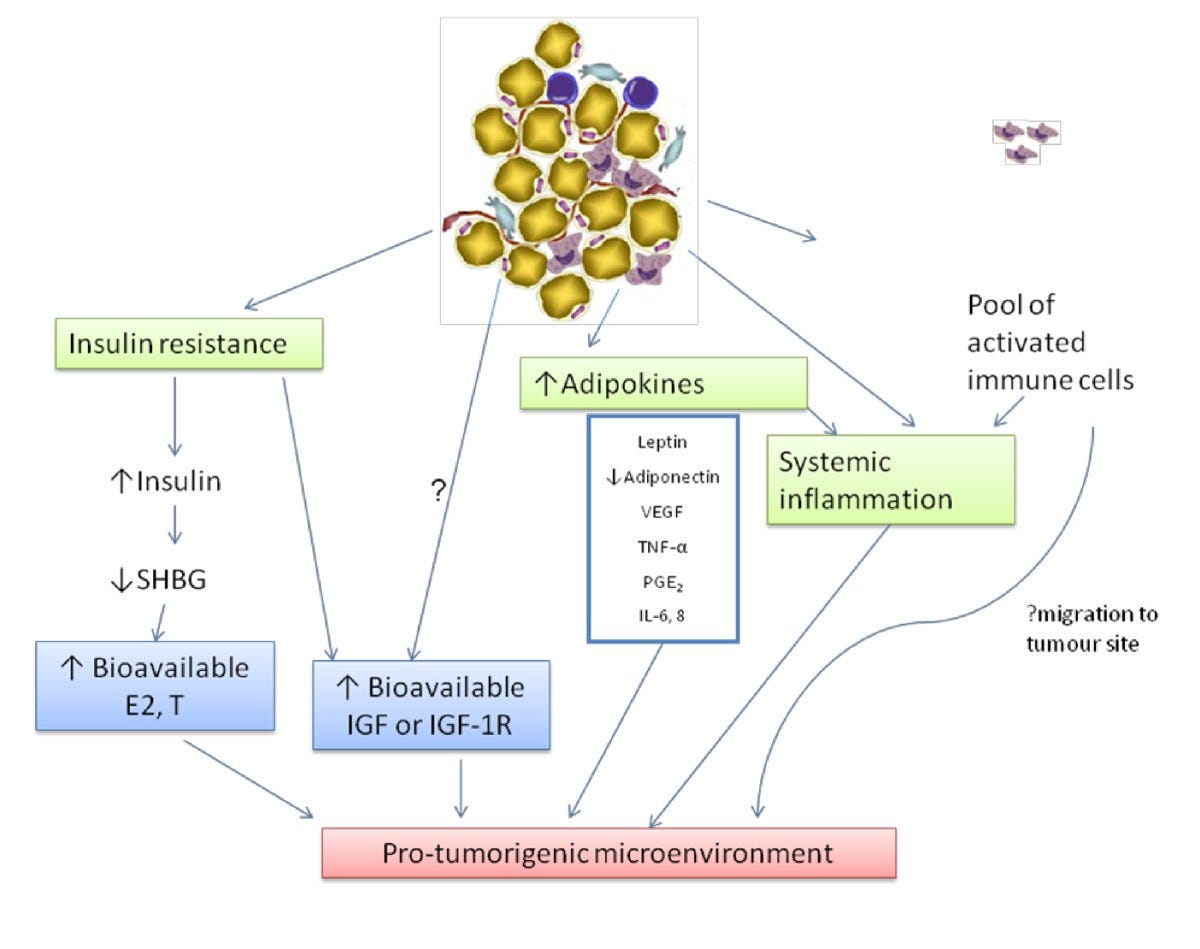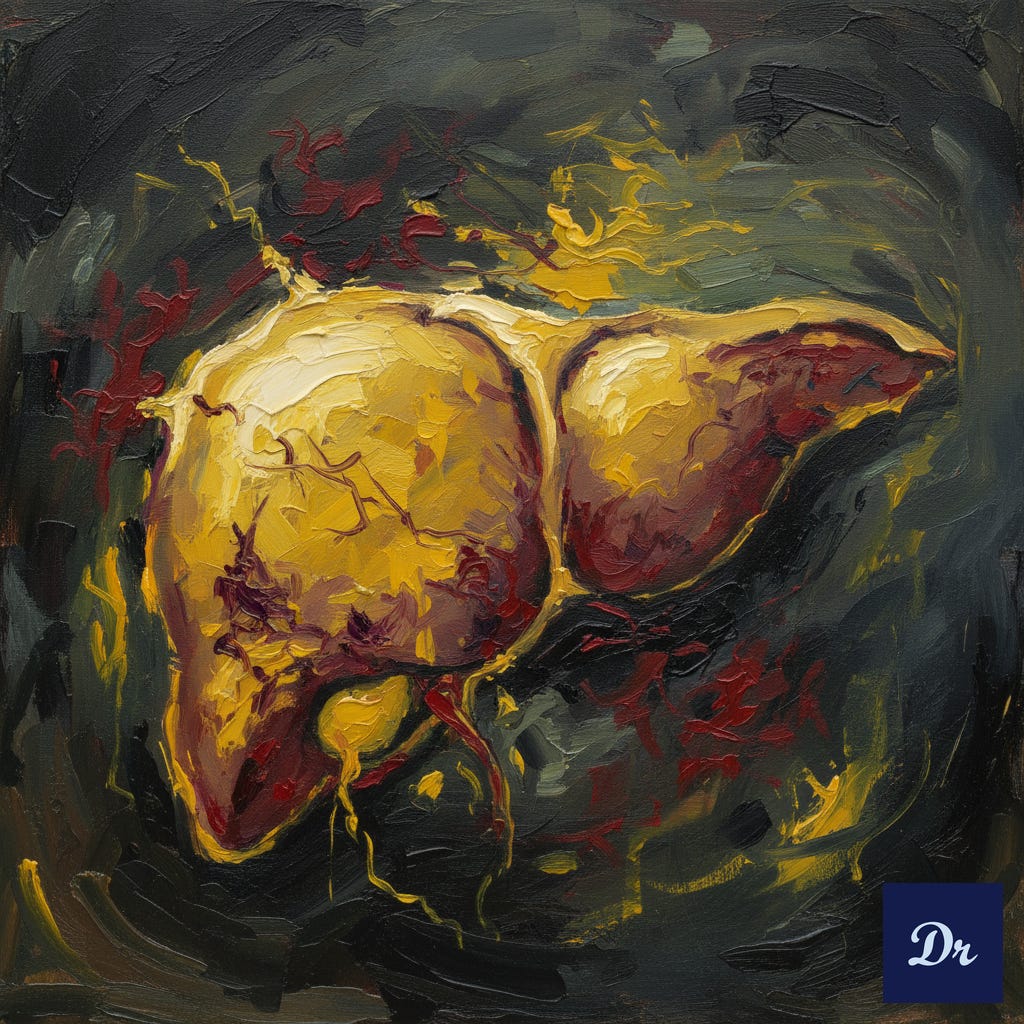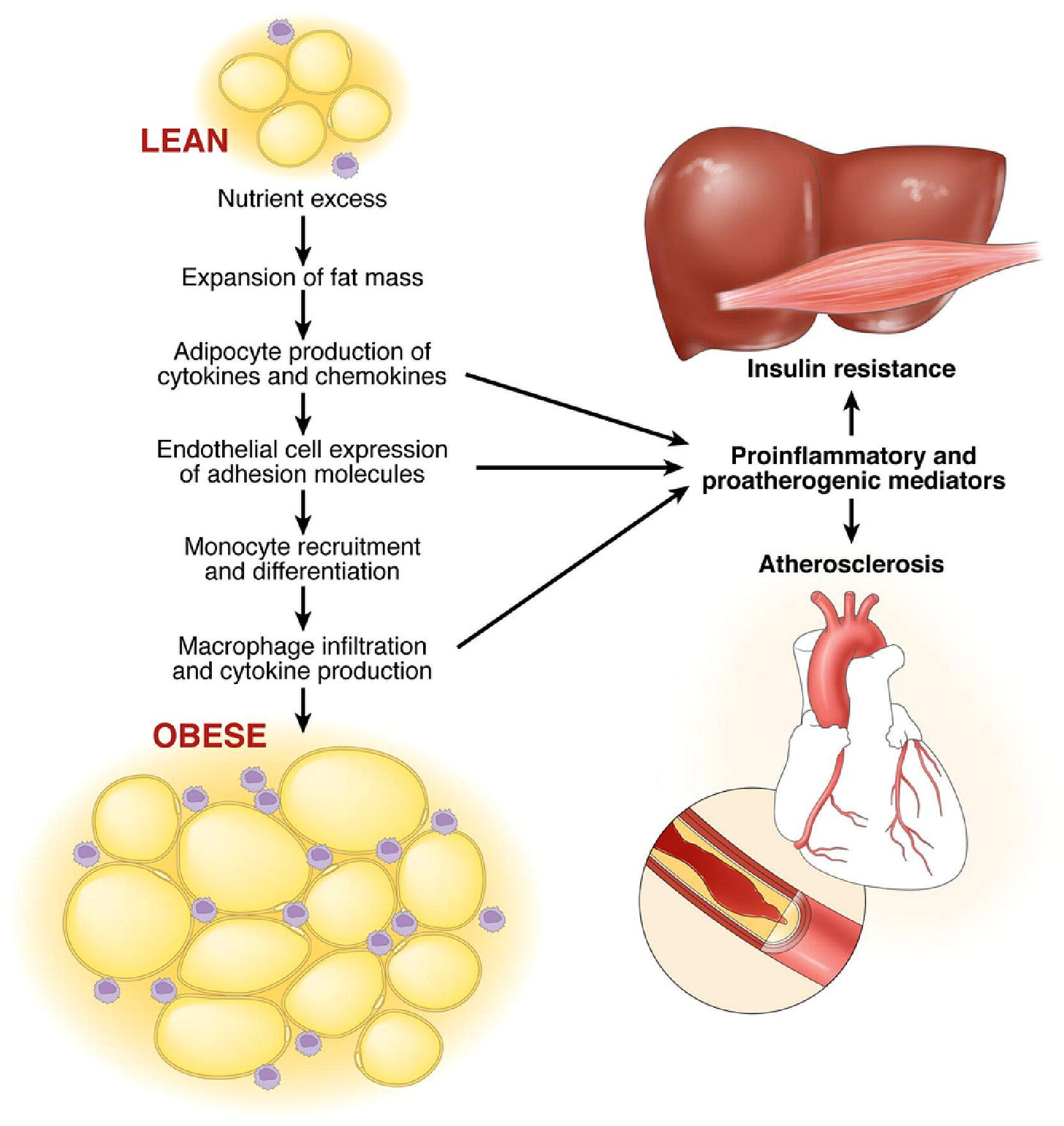Visceral Fat & Cancer and Solid Solutions
Visceral fat impacts your body at a cellular level, promoting inflammation, hormone imbalances, and oxidative stress, but simple, daily changes can counteract these effects.
UPDATED: October 15th, 2025
Welcome to the Healthy Aging Newsletter, a free publication translating trustworthy medical research into simple habits to age well, free of chronic disease. I’m Dr. Ashori, a family medicine doctor turned health coach.
If you’ve been told that you have fatty liver, prediabetes, or have been gaining weight around your midsection since your 30s, you might be dealing with visceral fat.
What is Visceral Fat?
Visceral fat is a type of body fat that surrounds your internal organs, including the liver, pancreas, and intestines. This limits the function of those organs.
Unlike subcutaneous fat, which sits just under the skin and you can pinch, visceral fat is hidden deep inside your abdomen. It behaves differently than subcutaneous fat and can have harmful effects if it exceeds a certain amount.
The best way to assess your body’s visceral fat is by using the mirror test, but objective tests like a DEXA scan may be better.
1. Chronic Inflammation = Insulin Resistance
Visceral fat leads to insulin resistance through chronic inflammation and metabolic disruption. It releases cytokines like IL-6 which interfere with insulin signaling pathways.
Visceral fat releases free fatty acids into the bloodstream, leading to lipotoxicity in muscle and liver cells, further hurting glucose metabolism.
Finally, oxidative stress and mitochondrial dysfunction damage cellular energy production and worsen insulin resistance, further, which means higher blood sugars and higher risk of cancer.
Actionable Step:
Add one portion of fiber-rich food to your daily meals. This slows glucose absorption, reduces inflammation. You don’t have to change anything else.
2. Hormone Imbalance & Cancer Risk
The last thing we want is to mess with the delicate balance of our hormones. Visceral fat shatters hormone regulation through molecules called adipokines. This allows for new blood vessel formation and inflammation, creating an environment favorable for tumor growth.
Visceral fat also reduces adiponectin, a hormone with anti-inflammatory and anti-proliferative properties that help protect against cancer.

Actionable Step:
After your heaviest meal, go for a walk. Even a few steps will make a huge difference by rebalancing your hormones.
3. Insulin Resistance + High Insulin Levels
Visceral fat causes cells to become less responsive to insulin. The body produces higher insulin levels and increased IGF-1. Both act as growth promoters, putting us at risk for tumor formation.
High insulin levels also increase sex hormones like estrogen, which can further drive hormone-sensitive cancers such as breast and endometrial cancer in women + lowering testosterone in men.
Actionable Step:
Strength training like squats, lunges, or resistance bands 2–3 times per week improve insulin sensitivity, reduce visceral fat, and lower cancer risk. You can do it at your desk or on your way to the bathroom, no gym needed.
4. Oxidative Stress = Aging Cells
Visceral fat increases oxidative stress by releasing free fatty acids and triggering reactive oxygen species, which are unstable molecules that damage cells.
These chemicals speed up cell aging, weaken tissues, and impair tissue repair. Over time, this can lead to reduced energy levels, weaker immunity, and chronic inflammation.
Oxidative stress interferes with the body’s ability to produce and maintain collagen, leading to wrinkles, joint stiffness, and loss of skin elasticity = accelerated aging.

Actionable Step:
Prioritize a colorful, plant-forward diet rich in vegetables, fruits, nuts, seeds, and whole grains to supply a variety of antioxidants, vitamins, and minerals.
Pair this with regular physical activity, which enhances circulation and boosts the body’s natural antioxidant defenses.
Bonus: add some deep breathing exercises a few times a week.
5. Growth Factors from Visceral Fat
Visceral fat produces FGF2 and other signaling molecules that promote cell growth but also cell overgrowth. While necessary for healing and repair, excessive amounts caused by chronic inflammation and insulin resistance lead to problems.
When unchecked, these molecules can lead to stiffened blood vessels, poor circulation, and increased oxidative stress, further straining the body’s repair systems and promoting inflammation-driven aging.
Actionable Step:
Prioritize restorative sleep (7–9 hours nightly) to regulate growth hormone levels and promote cellular repair.
Combine this with stress-reducing practices like meditation or stretching to naturally lower inflammation and balance growth factor activity.
The Bottom Line
Visceral fat has a lot of undesirable effects on your body. You might have it but it may not have yet caused problems. Or you may not have it at all. The goal is to minimize it and grow healthy to an old age without battling visceral fat. You got this!





